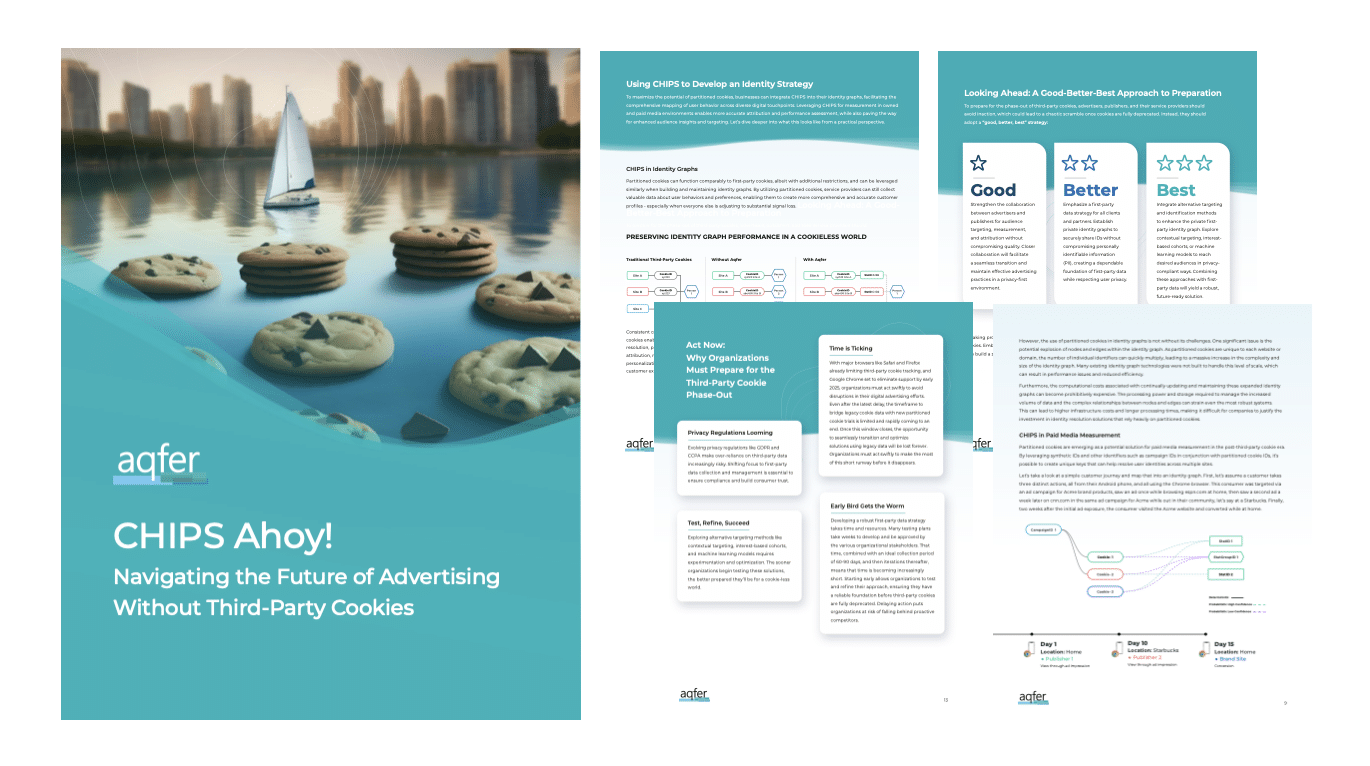The latest in Cookiepocalypse news is the revelation that cookies aren’t actually disappearing. Instead, they’re becoming partitioned. This technique being implemented by Chrome and Firefox will fundamentally alter the advertising and marketing technology landscape.
MadTech companies must prepare for this transformation… or prepare for their customers to flock to competitors who are ready for cookie partitioning. The clock is ticking, and the consequences of inaction will be catastrophic. Companies that fail to adapt will find themselves struggling to survive in a post-cookie world.
Top 3 Reasons to Prepare for Cookie Partitioning Today
MadTech companies that have not yet begun to prepare for cookie partitioning are running out of time. The longer they wait, the more difficult and costly it will be to adapt to this new reality. Companies that fail to take action risk going the way of once-prominent MadTech firms like Adknowledge, 24/7 Real Media, and IgnitionOne, which crumbled due to inadequate technology and the inability to help their customers navigate changing market conditions.
There are many consequences of failure to adapt. Here are three of the most urgent consequences:

Loss of Targeting Precision
Cookie deprecation limits the ability to track user behavior across different websites. Partitioning provides an outlet to allow for tracking without compromising privacy, but navigating partitioned cookie usage is nuanced and complicated. Without reacting to this change, companies may struggle to effectively target ads based on users’ browsing history and preferences. This loss of targeting precision can result in lower ad engagement rates and reduced ROI for marketing campaigns.

Decreased Advertising Revenue
Ad tech companies heavily rely on user tracking to deliver targeted ads and maximize revenue. Failure to adapt to cookie partitioning will spell a decline in ad revenue as advertising customers shift their budgets to platforms that offer better targeting capabilities.

Impact on Data Monteization
Data tech companies collect and analyze vast amounts of user data to provide insights and services to other businesses. With cookie partitioning limiting the availability of cross-site tracking data, these companies will struggle to gather comprehensive datasets. This can hinder their ability to generate valuable insights, leading their customers to look elsewhere for data tech solutions.
How to Prepare for Cookie Partitioning
To prepare for cookie partitioning, Madtech companies should start investing in alternative tracking methods and technologies that are compliant with cookie partitioning restrictions. Solutions related to first-party data collection, contextual targeting, and cohort-based targeting approaches will be critical. By diversifying tracking methods, companies can adapt to the changing landscape and maintain their ability to deliver targeted advertising and personalized experiences to end users.
Collaboration and partnership will be essential for navigating the complexities of cookie partitioning. MadTech companies should work closely with best-in-class solution providers to accelerate their development of new and improved tracking solutions and ensure interoperability across platforms. Additionally, working closely with browser vendors, regulatory bodies, and privacy advocacy groups can foster a more transparent and ethical approach to user data management.
Dig Deeper: Download our Guide to Cookie Partitioning
Ready to get serious about Cookiepocalypse preparation? Download our latest white paper to discover what to expect from Google’s cookie deprecation timeline, including how to respond to their latest partitioning update, CHIPS.
Click here to access your free download, or simply fill out the form below.


